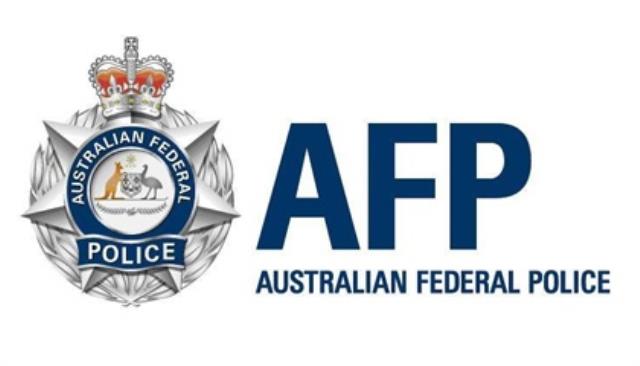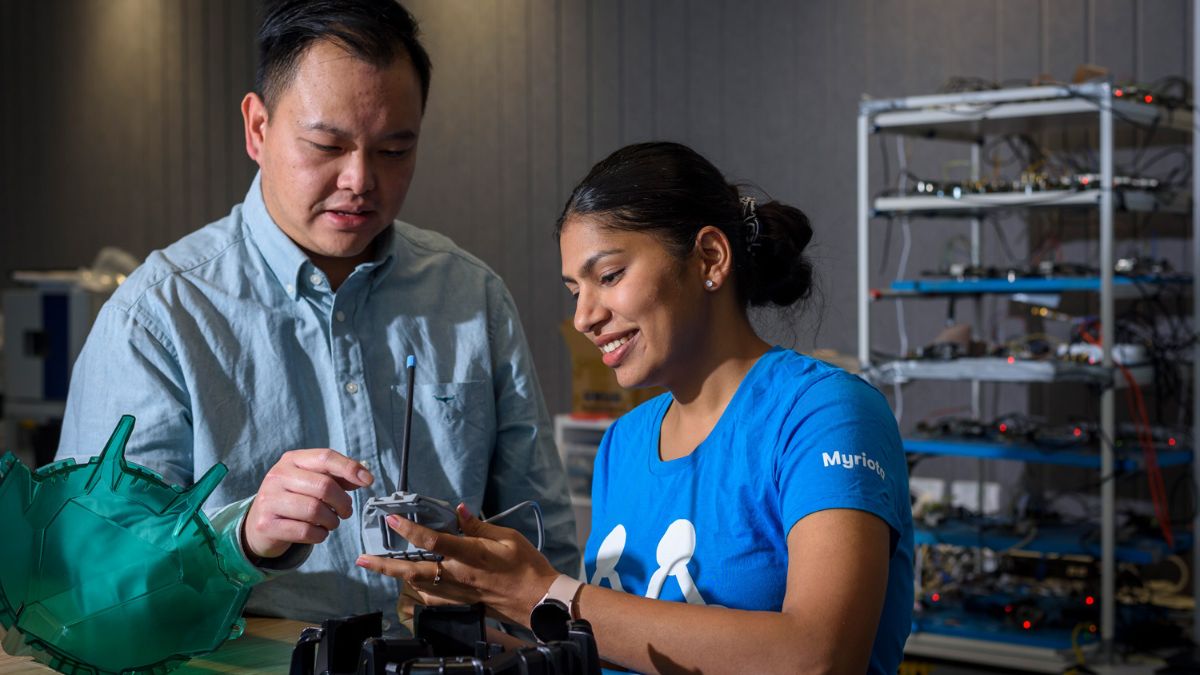Inquiry into Australian sovereign tech capability, but … not sure what it is

- by Admin
- July 2, 2024

The dawning of a fresh financial year necessarily brings with it a flurry of inquiry reports and probe findings required by June 30, and the hard deadline inevitably produces the occasional surprise.
Like what do policymakers do when they don’t know or understand what it is that they are examining or probing? And what does it really mean to be Australian? Or was that, what does it mean to be really Australian? That thing.
So it was this week with the Senate’s ever-curious finance and public administration references committee, chaired by Liberal Richard Colbeck, recently ferreting through the big push to buy more goods made in Australia by Australians, especially tech stuff.
It’s a valiant attempt to illuminate the issues, but the only consensus is confusion and more questions.
The probe into “Supporting the development of sovereign capability in the Australian tech sector” sounds serious enough, and federal and state governments have committed to everything Aussie, like building trains and submarines here, steel being manufactured here, extracting iron ore here. And batteries. And solar panels.
Tradies and techies are probably getting “Australian Made” tattoos, with added authenticity postcodes as you read (or don’t read) this piece.
There are just five simple recommendations from the 48-page report, but it’s the first that really delivers the homemade, dinky-di, green and yellow cake.
“The committee recommends the Australian government develop a clear and operational definition of sovereign capability as part of the broader Future Made in Australia agenda that can be used to inform future procurement decisions,” the first recommendation says.
Or, to put it more simply, there’s just been an inquiry into something, something important, on which billions are spent but industry and government still can’t quite decide or spell out what it is.
“While tech procurement is not restricted to a single procurement category currently used by the government, the Department of Finance estimates it accounts for around 20 per cent of total Commonwealth expenditure,” the report said.
“Government procurement is big business. In 2022-23, the Commonwealth spent $74.8 billion on goods and services across 83 625 contracts.”
On the issue of sovereignty, a concept now contested more than ever, and not just by people flying the Red Ensign, the inquiry, well, just scratched its head.
“The inquiry’s focus on sovereign capability revealed a number of inconsistencies around the understanding and application of the concepts of sovereignty and sovereign capability, across both government agencies and the tech sector,” the report said.
“Several submitters and witnesses drew the committee’s attention to the absence of a clear and consistent government definition of sovereignty, despite its proliferated use across a number of strategies and frameworks, including, but not limited to, the Digital Transformation Agency (DTA’s) Hosting Certification Framework and The Department of Home Affairs’ 2023–2030 Australian Cyber Security Strategy.”
There was also not a consistent view from industry about what sovereignty meant or entailed or implied, short of more work being needed.
“Submitters offered general support for further work being undertaken by the Australian Government to clarify what is considered a sovereign Australian firm. It was noted that the current model under which an Australian Business Number (ABN) is the core requirement to be considered an Australia firm is clearly inadequate,” the report observed.
“However, it was also suggested that restrictive requirements on elements such as citizenship and location may not be practical for all firms.”
What’s at stake is material for many companies.
“While tech procurement is not restricted to a single procurement category currently used by the government, the Department of Finance estimates it accounts for around 20 per cent of total Commonwealth expenditure,” the report said.
“Government procurement is big business. In 2022-23, the Commonwealth spent $74.8 billion on goods and services across 83 625 contracts.”
And sovereign capability is great, unless you’re a software exporter, especially a cloud software exporter. The great thing about the cloud is that transactions can be processed pretty well anywhere, but most usually in the jurisdiction with the most preferable tax arrangements.
“BSA | The Software Alliance, an advocacy body for the global software industry, cautioned that overly stringent sovereignty requirements in public procurement may risk impeding broader strategic policy goals,” the inquiry wrote.
“It submitted that this could also disadvantage the growth of Australia’s domestic tech sector by limiting access to and collaboration with the best available international tech firms and their products and services.”
Who those tech firms are is laid bare in BSA’s (no relation to Belfast Small Arms) membership and board. The BSA’s chair is currently occupied by Salesforce’s general counsel, the secretary’s seat by Workday’s chief legal, and Treasury by Siemens.
Then the board moves through all of the big payers from Adobe to Atlassian, Dropbox, IBM, Informatica, Microsoft, Oracle, SAP, ServiceNow, Trend Micro, all the way down to Zoom.
If there were a digital version of Canterbury Tales, this would come close.
Under the heading “Procurement capability in the Australian Public Service” the report said it was suggested that “there is a significant procurement capability gap in the APS, which is characterised by risk-aversion, inter-agency fragmentation and non-compliance.”
“The Department of Finance informed the committee that training initiatives to improve public sector procurement and contract management capability have been delivered to 673 APS officials across 22 agencies over the 2023–24 period through the Centre of Procurement Excellence.”
That should do the trick!
We’ve got the slogan, we’ve got the ad, we’ve got $100 billion. All we need is an idea.
READ MORE:
The Latest News
-
December 23, 2024Wimbledon champion accepts ban for anti-doping breach just months after winning US Open
-
December 23, 2024Australian tennis star Purcell takes voluntary suspension over anti-doping breach
-
December 23, 2024Max Purcell to miss Australian Open after accepting ban for anti-doping breach
-
December 23, 2024Australian tennis star Purcell provisionally suspended for doping
-
December 23, 2024Star batter misses optional Aussie session; MCG curator rejects anti-India ‘conspiracy’ — Test Daily





